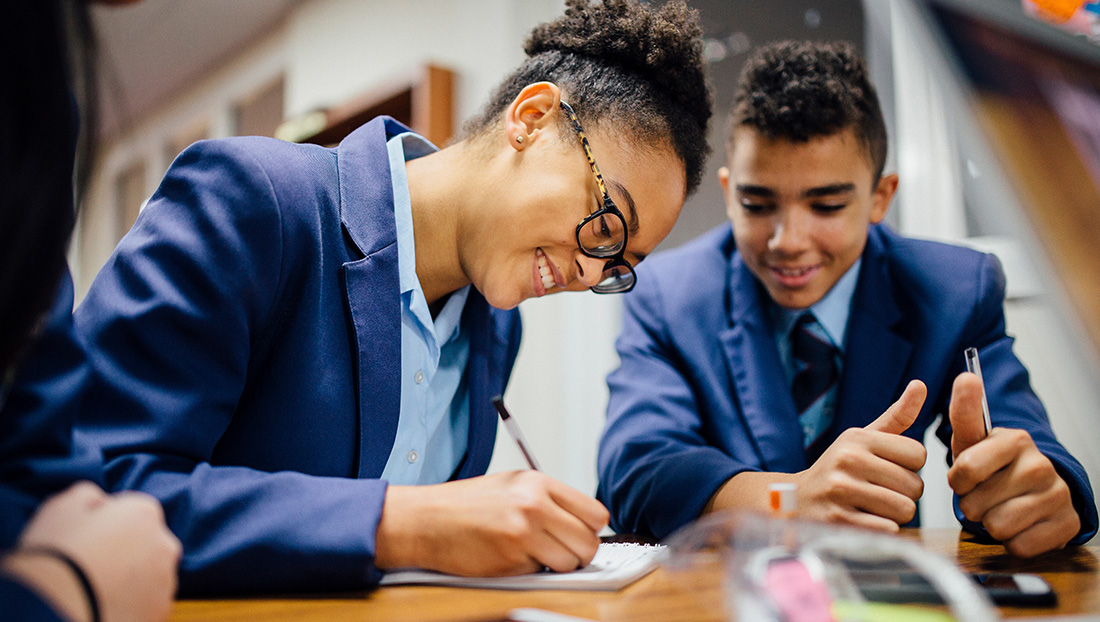There are ways you can get more impact from what you are already doing in careers education in schools and colleges, explains Kate Daubney, author and director of The Careers Group, University of London.
Professionals working in careers education in schools and colleges work miracles delivering high quality activities and support for pre-18 learners, but enabling every learner to benefit equally is always a challenge.
I cover this topic in detail in my book Careers Education to Demystify Employability (Open University Press/McGrawHill) and an ISE Webinar on Thursday 16 June.
In the meantime, here are five ways in which you can get more impact from what you are already doing in careers education in schools and colleges. It will enable you to reach the right learners with the right intervention.
1. Enable learners to recognise their career learning journey
We are all on a constant cyclic career learning journey, where we progress from feeling uncertain about what we want to do next, to having ideas that need narrowing down, to knowing our next step and having a plan to achieve it. But learners also have to jump through educational hoops at the same time, which can feel really challenging when they don’t know what they want to do next.
When you enable your learners to recognise that this career learning journey is a constant cycle through study and work, it can reduce the pressure around making ‘one right decision’ and help them recognise their own progress through many smaller decision-making cycles where no decision is a dead end.
2. Audit your activities against that career learning journey
We spend a lot of time developing content, delivering career guidance and engaging employers, so it can help to audit how what you offer in careers education sits against those learning journey stages. Sometimes we can unintentionally offer more for those with a plan than for those still making up their minds.
Aim for a distribution of activities at each stage to help learners feel that they don’t have to know what they want to do before they engage with something you offer.
3. Enable learners to recognise the most useful activities for their journey stage
An interview practice is no more helpful for a learner who doesn’t know what they want to do, than a one-to-one exploratory discussion helps someone with a clear plan. But learners don’t always recognise as readily as we do what the most helpful activity for them is, given their learning stage.
Use your audit to present the activities that are most helpful for learners given their stage. For example, the uncertain will benefit from one-to-one guidance and career exploration tools, while those with a plan will get more from meeting employers, application support and interview practice.
4. Frame expectations for learners: ‘This is what will change for me if I do this’
Pre-18 learners are still figuring out who they are and what’s important to them, so with all the influencing factors around them, they may not be clear that something should change after a careers intervention, let alone what will.
Learners are also frequently paralysed by all the decisions – big and small – they have to make, so a gentle nudge can help build confidence. For example, ‘After meeting this employer you will understand better what the day-to-day work will be like, and the enjoyable and challenging parts of the job are.
5. Start a conversation about the wider value of their qualifications beyond knowledge
Learners often struggle to see the point of academic subjects they don’t enjoy, and parents too can worry about a subject that doesn’t seem to lead to a ‘proper career’.
Using some simple language of transferable skills can help learners recognise that they are problem-solvers, interested in detail, able to see different points of view, or good at finding patterns, no matter what subject they study.
They can start to look at their subjects through those lenses, making connections across subjects, into their interests and hobbies, and into jobs and work. This can help learners recognise that even their least favourite subjects are helping them prepare for their futures, whatever those futures are.
Register for the ISE Webinar with Kate on Careers education to demystify employability on Thursday 16 June
Read more insight and advice on careers education in schools and colleges


0 Comments